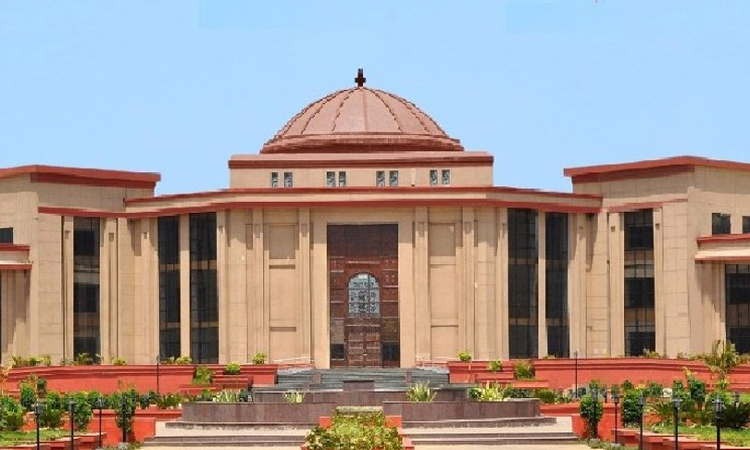Non-Delivery Of Signed Copy Cannot Save Limitation; Chhattisgarh High Court Affirms Section 34 Dismissal
Parina Katyal
26 Sept 2022 8:00 PM IST

Next Story
26 Sept 2022 8:00 PM IST
The Chhattisgarh High Court has ruled that though the delivery of signed copy of the arbitral award to each of the parties to the arbitral proceedings is sine qua non, however, if the award debtor had already become aware of the award, enabling him to file an application to set aside the award, mere non-delivery of the signed copy cannot be said to cause any prejudice to him. The...
